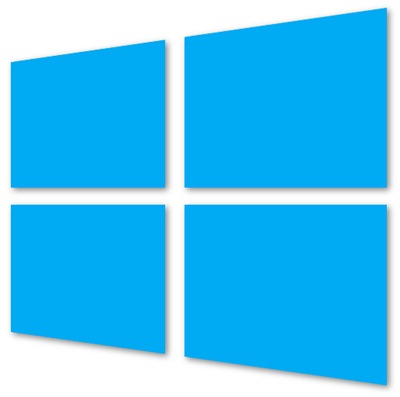Next Version Of Windows To Be Called ‘Blue’ Instead Of Windows 9, Releasing Next Year?

Foley suspects the next edition to be operating under the codename Windows ‘Blue,’ and although she offers little in the form of genuine detail, there’s enough there to make note of. Citing "a couple of contacts," an update is said to be arriving next year, although it’s not yet known whether Windows Blue is a feature-rich release of just un update filled with the usual array of bug fixes and general performance enhancements.
Even if it is just a service pack, Foley reckons it’ll be out in a year’s time, and although we’re led to believe Windows 8 is the finished article, it might be that the software maker is just getting started, building the OS through the next few years.
Still, having used the Release Preview build of Windows 8, I have to say it works fairly smoothly, but it’s not without its shortcomings. Therefore, if Microsoft does decide to release a series of bug fixed next year with this Windows Blue, it’ll probably also add a couple of nice new features along with it, in order to keep the people happy.A bit more info on Windows Blue?
There now seems to be a bit more info on the next version of Windows
due to someone that posted on a Taiwanese forum. Members of that forum
have identified the user as a Microsoft official so there might be some
truth to what he’s saying but of course you should take this with a
grain of salt.
He is supposedly running an alpha version of the next Windows with the
version number 9622. Surprisingly he calls this Windows 9 though judging
from that version number ( currently Windows 8 is at 9200 ) we think
he’s actually talking about Windows Blue, which is supposed to retain
the Windows 8 branding once it hits markets.
According to him this next version of Windows will keep the Metro
visuals and Start Screen, so no surprises there. However, we are
expecting some changes, with users being able to customize their Start Screen more easily with more resizable tiles a la Windows Phone 8.
Another tidbit of info on the UI front is that the Desktop will still
be present but it will undergo even more flattening, so perhaps the
taskbar will finally stop being translucent and the whole thing will be a
bit more cohesive.
Lastly he mentions there will be an update to the kernel which will
reach version 6.3. Windows Blue is supposed to bring a few deep changes
to the OS and upgrading the kernel does indeed fit the bill.
As we mentioned before we can’t be sure of the accuracy of this info
though it is certainly plausible. If we are right though, then this
means we only have about 6 months to wait until launch so there are
bound to be many leaks, and a lot more info by then.
Windows Blue: A boon or bane for developers?
Since Microsoft maintains tight control over its core ecosystem, moving to more frequent OS updates shouldn't cause the same fragmentation woes that plague the overall Android experience. In fact, reports (however murky) say that Windows Blue will introduce an SDK that either merges or standardizes software development for Windows desktop and Windows Phone 8. All current-gen Windows devices already share a common kernel core to streamline cross-platform development. Theoretically, the Windows Blue SDK will bind Windows Phones, tablet and PCs even more tightly together, and the rumors say modern-style Windows 8 apps will continue to work just fine on Windows Blue.
"I think it is crucially important that Microsoft aligns the SDKs and platforms for Windows Phone and Windows," Miller says. "I think the dissonance between the Windows Phone 7, Windows Phone 8, and Windows RT platforms aren’t helping developers to make great apps. Unification, or at least closer alignment, could really help build a stronger application story and make it easier for developers." Enderle echoes the sentiment.
In theory, introducing a
standardized SDK should make it easier to create a Modern-style app that
translates easily across the various hardware form factors Windows
supports. That could potentially be a major boon for Microsoft, which
has had trouble swaying developers to the Windows Store and the Windows
Phone Store. Both app marketplaces offer far, far, far fewer apps than
iOS or Android.
"I don’t think developers
are ever fans of big shifts in their platform—but so much of it depends
on how much the APIs underneath forcibly change, and how much the tools
help them navigate or migrate through those changes," Miller continues.


No comments:
Post a Comment